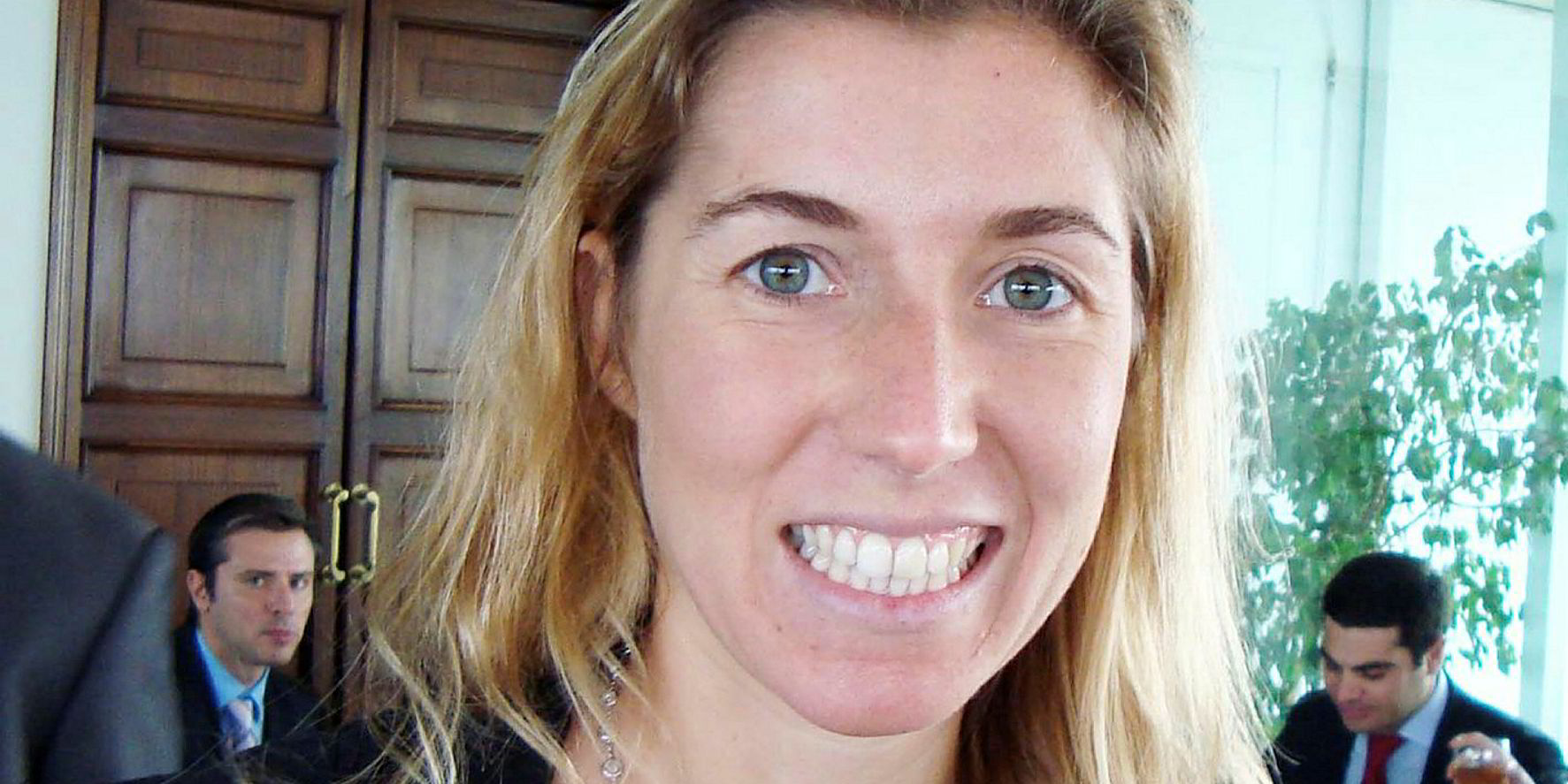A well-known Greek shipping family is poised to gain a public listing in the US through a novel approach that allows it to register shares without a traditional initial public offering.
The “direct listing” by children of Greek shipowner Gabriel “Villy” Panayotides under bulker vehicle Castor Maritime comes even as other aspirants have been waiting for months or years to do a conventional IPO in a market closed to shipping.
If successful, it is thought that Castor’s work-around could become a model for others who are blocked on a conventional listing.
However, there would still be questions about the trading liquidity and demand for such stock in comparison to that of a company floated via a typical IPO.
One person familiar with the deal called Castor “shipping’s Spotify”, noting that the Swedish music service had recently followed the same course to a listing.
The caveat is that while Spotify has a market capitalisation of more than $26bn, Castor is approaching with a fleet of one bulker that it purchased for about $7.5m — at least for now.
As is typical of direct listings, it does not seek to raise new capital by issuing new shares.
Castor is headed by Petros Panagiotidis, who is both chief executive and chief financial officer.
Management of Castor’s only vessel — the 76,500-dwt Magic P (built 2004) — is provided by Pavimar SA, which is controlled by Petros’ sister, Ismini Panayotides.
The offering has no underwriter and essentially would allow shares already issued privately outside the US to be exchanged for public stock that would trade on the US over-the-counter market known as the OTC Markets Group.
In a confidential prospectus filed last November, Castor originally had signalled its intention to list shares on New York’s Nasdaq Capital Market.
It is unclear why it has modified the forum in its first public prospectus only last month, although Castor’s size might be expected to be a factor.
Still, a listing in any form would come as shipowners seeking a conventional IPO are being told they need a market capitalisation of at least $1bn to please investors increasingly focused on size.
No mainstream shipowner has been able to do an IPO since Gener8 Maritime squeezed through the offering window in June 2015.
With its improving fundamentals, dry bulk has been tipped as a market sector in which an IPO could happen within 2018, but most eyes have been focused on GoodBulk, the rapidly expanding bulker enterprise of John Michael Radziwill and Andrew Garcia.
GoodBulk has quickly amassed a fleet of 25 bulkers, most of them capesizes, and is thought to have made a confidential IPO filing with US securities regulators.
But, essentially, the Castor approach to US markets comes out of the blue.
“We intend to acquire other vessels, which we intend to deploy on a mix of period time charters and spot charters according to our assessment of market conditions, adjusting the mix of these charters to take advantage of the relatively stable cash flow and high utilisation rates associated with period time charters or to profit from attractive spot charter rates during periods of strong charter market conditions,” Castor saysin its filing.
The Magic P was acquired from an unrelated third party in early 2017 and is employed on a time charter with MOL at a rate of $13,000 per day. The charter is to expire this month, with an option for a two-month extension.
Ismini Panayotides’ Pavimar has been an aggressive buyer and seller of tonnage in the past few years.
It currently lists a fleet of 12 bulkers, including the Magic P, which are valued at nearly $180m by VesselsValue. The Magic P has a current value of almost $12m.
"Villy" Panayotides was the founder of Excel Maritime Carriers. He also gained a US public platform through a novel approach, purchasing the shell listing of Michael Hudner’s B+H Maritime Carriers in 1998.
Panayotides also became the dominant shareholder in Danish tanker company Torm.
He ultimately lost majority control of both companies through financial restructurings.
Direct listings have been relatively rare in the US, with most carried out by small companies on the Nasdaq in industries such as biotech.
But the larger New York Stock Exchange recently amended its rules to allow such trades.
Spotify, the music streaming service, was the first company to walk through that door in April, and the largest ever to carry out a direct listing.




